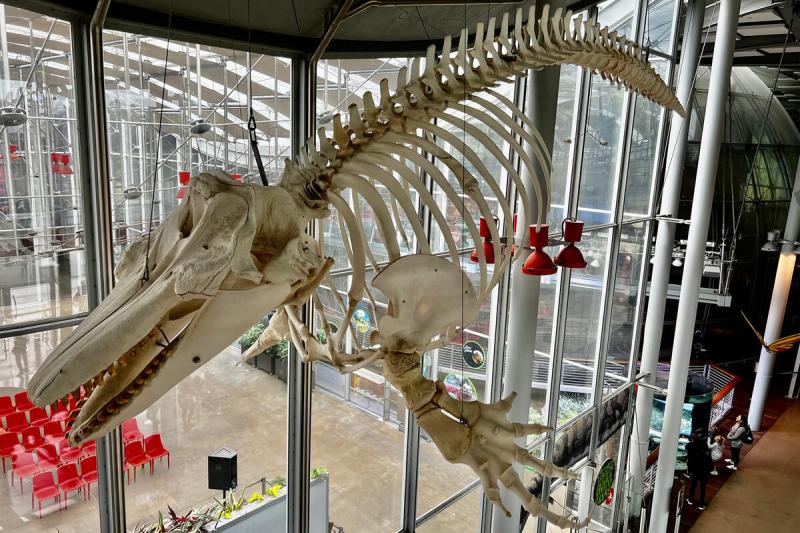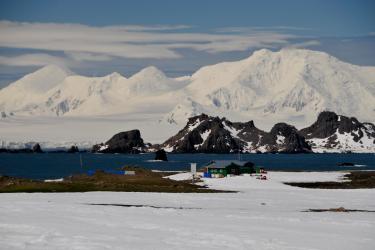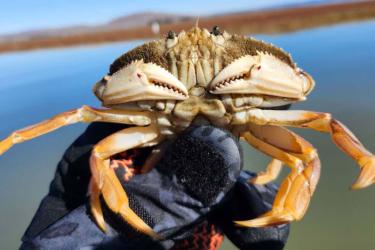Meet the California Academy of Sciences
The California Academy of Sciences is a valued member of the West Coast Marine Mammal Stranding Network. The academy responds to reports of dead marine mammals along 400 miles of shoreline between San Mateo and Mendocino counties, including San Francisco Bay and its tributaries. Academy teams conduct the initial response and often collect and archive the remains for study, to further our understanding of marine mammal and ecosystem health.
“Studying dead animals isn’t for everyone,” acknowledges Sue Pemberton, Curatorial Assistant of Birds and Mammals at the Academy. After 15 years she still enjoys it. “There is so much information to be gained by studying deceased wildlife. Remains can teach us about ocean health and inform conservation efforts,” says Pemberton.
Collecting Specimens for Research
In 2011, a killer whale washed up on the beach in Point Reyes National Seashore the day after Thanksgiving. The beach had no direct access and required the responders to hike down a steep slope, then over jagged intertidal rocks. Initially the plan was to recover the killer whale’s skull for archival research. After sharing photos of his teeth and the unique markings on the body with orca researchers, it was determined that this was a known individual “O319,” a rare offshore killer whale. Killer whales are grouped into three distinct ecotypes: resident, transient, and offshore.
Because the killer whale belonged to a rare ecotype, the team decided to collect the entire skeleton. Pemberton described that as “a Herculean effort on the part of many, many people, who were willing to carry this orca out of this difficult location on their backs.” Teams retrieved the skeleton successfully and later articulated it for an exhibit called “Built for Speed.”
The academy archives specimens from animals that have died in unusual circumstances. In one instance a California sea lion choked to death on a 3-foot-long leopard shark. This ambitious choice for a meal ultimately led to the sea lion’s demise. “I’ve had other choking pinniped responses, but this one was quite impressive in the sheer size of both animals and just how close the sea lion came to actually getting the shark down completely,” said Pemberton. Success at the academy ultimately comes from the stories the animals tell in death and the hard work of the researchers that uncover those stories.
How to Help Wildlife Responsibly
First, determine if the animal is truly stranded. A whale, dolphin, or porpoise on the beach should be called in immediately. Many seals and sea lions that haul out and rest on land are not in distress. This includes pups who may just be waiting for mom’s return from a foraging trip. You can evaluate the animal’s behavior from a safe and legal distance, and let others who are nearby know to stay at least 100 yards away (about the length of a football field). Only trained and authorized responders should approach or pick up a stranded marine mammal. Keep pets leashed and at least 100 yards away, help minimize disturbances if possible, and be aware of hazards or rising tides. Monitor from an area that is safe. To report a dead, injured, or stranded marine mammal along the West Coast, please contact the West Coast Region Stranding Hotline at (866) 767-6114. When reporting a stranded marine mammal, please include the following information:
- Date
- Location of stranding (including latitude and longitude)
- Number of animals
- Condition of the animal (alive or dead)
- Species, if known
Photos or video from a safe and legal distance (100 yards) can also provide valuable information to Stranding Network responders.




